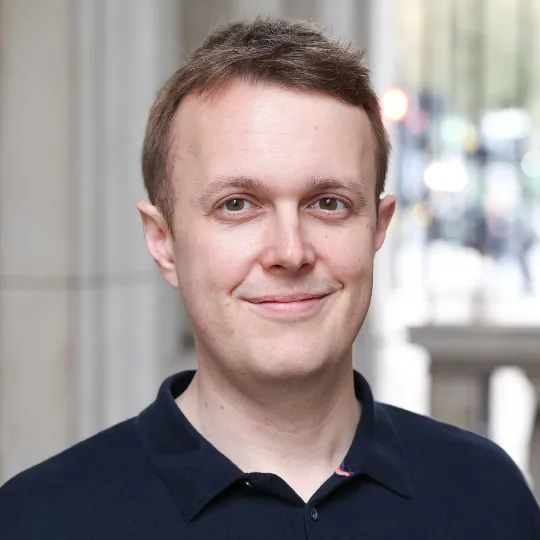Please note: this event has passed
When Jacques Derrida published Of Grammatology in 1967, French artists and intellectuals had been conducting a vigorous conversation about the status of the voice and the written word for two decades, in the pages of literary journals but also more obliquely on the concert stage and over the radio waves. As the linguistic theory of Ferdinand de Saussure began to be read and interpreted in the late 1940s, music and sound began to claim attention in the realm of French letters. Where writers as various as André Breton and Maurice Merleau-Ponty had dismissed music as so abstract as to be irrelevant to both aesthetics and politics, sound effects and song acquired new interest as instantiations or extensions of the empty sign. Sartre chose to mark the moment when the characters in Huis Clos (1944) realize that they are there to torture each other with a cabaret-style song, and Raymond Queneau (who would later co-found the Oulipo group) oversaw the adaptation of his formalist Exercises de Style by an a cappella vocal quartet known for physical comedy. This paper will examine these examples and others in which music—and especially popular song—seemed to promise a new relationship between language and meaning, as well as between intellectual and audience.
Mary Ann Smart is Terrill Professor in the Department of Music at the University of California, Berkeley, and is currently in residence as a Distinguished Visitor at the Queen’s College, Oxford. She has published widely on the social dimensions of opera in nineteenth-century Europe, with books including Mimomania: Music and Gesture in Nineteenth-Century Opera and Waiting for Verdi Opera and Political Opinion in Nineteenth-Century Italy, 1815-1848. She is currently at work on two book-length projects—a theoretical study of trends in opera production since 1970 and an alternative history of French theories of voice, music, and language in the twentieth century, extending from Proust through the speech archive of Ferdinand Brunot, Michel Leiris’s flamboyantly operatic memoirs, cabaret songs based on the poetry of Raymond Queneau, and the austere audiovisual experiments of Alain Resnais.
Event details
Saint Davids RoomsStrand Campus
Strand, London, WC2R 2LS

